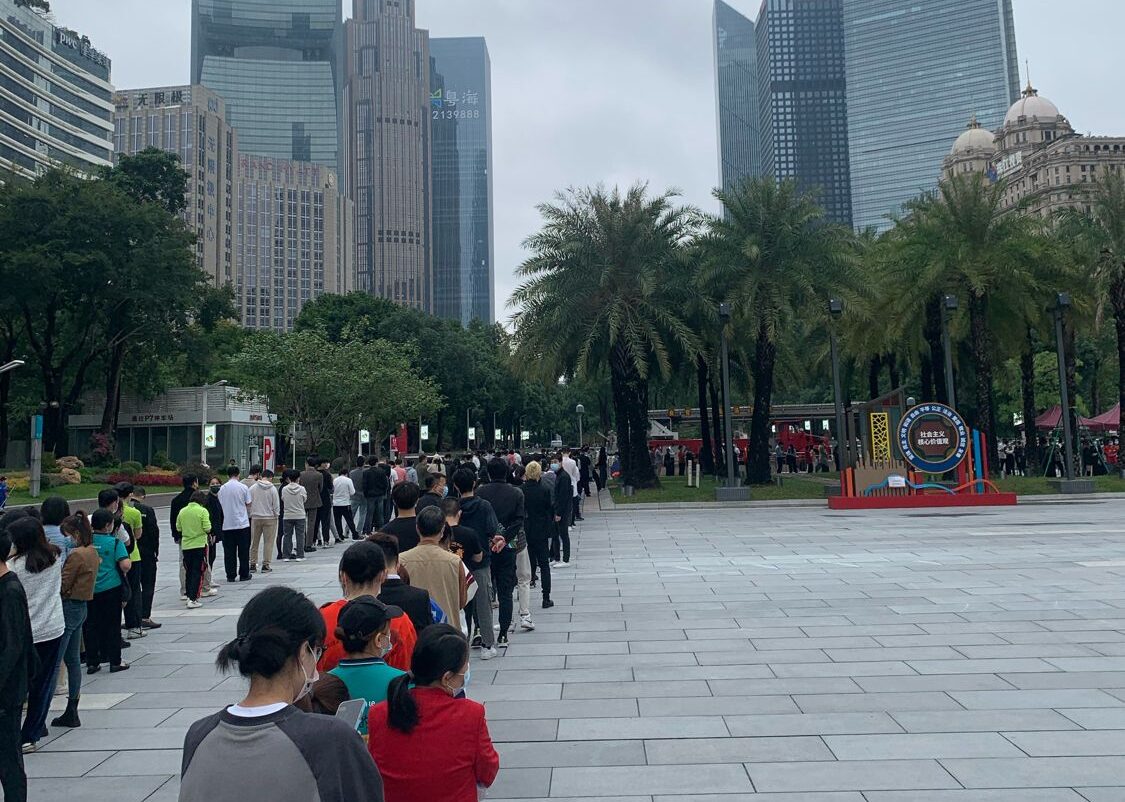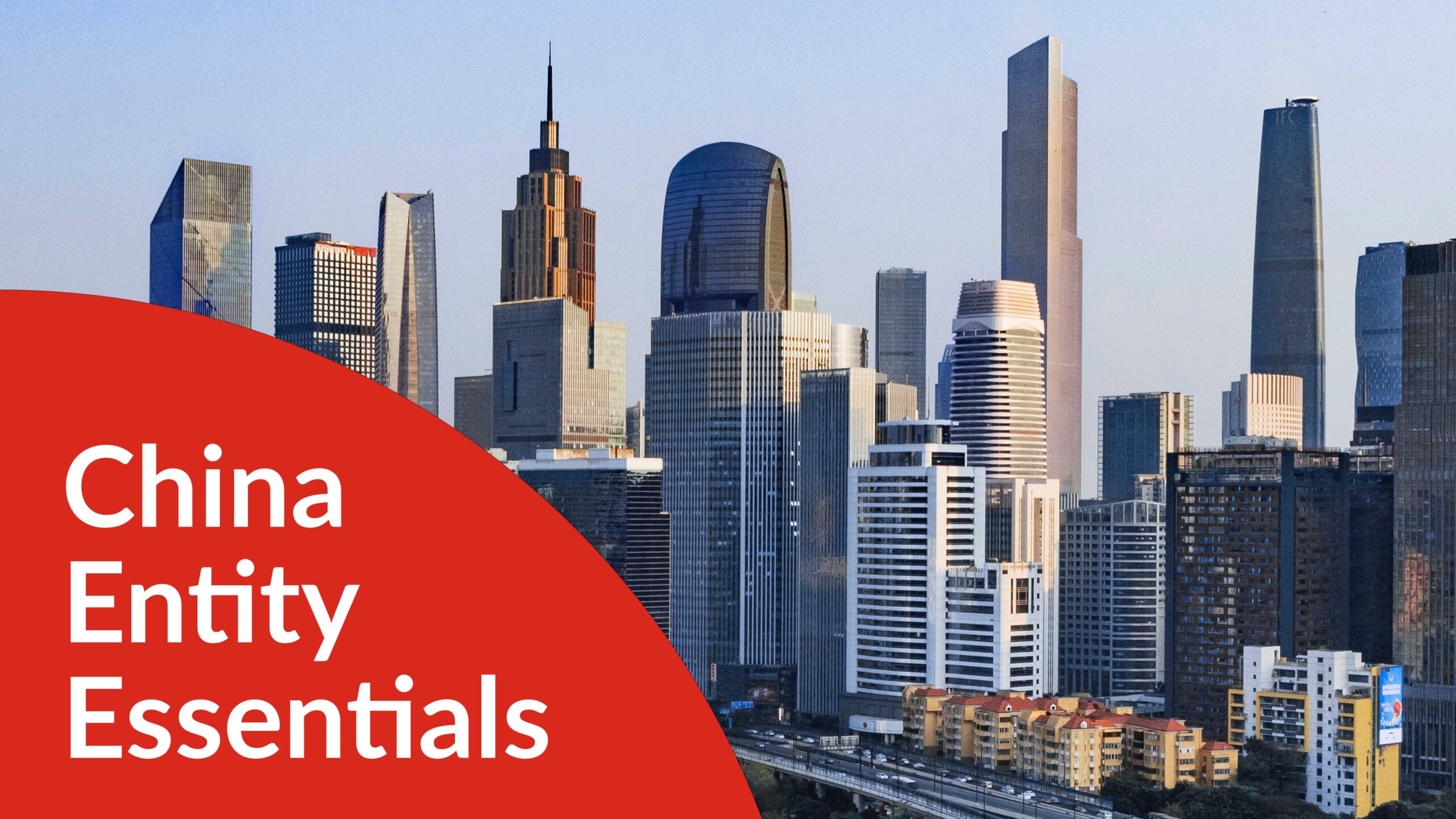Everyone in China is facing the same challenge: The Zero Covid Policy. Whether you live outside of China and want to visit or are trying to navigate the restrictions as a resident, the policy impacts the very fibre of life here, from business to daily routine.
Describing the way that zero covid policies have disrupted Chinese operations is complex. An additional factor that can make transparency a challenge is cultural norms. As many Chinese people do not openly talk about minor problems to save face, it can be difficult to understand their daily and weekly challenges, personally or professionally. This article looks at challenges your head office may not yet understand.
N.B. You can also use this article for suppliers/partners.
Domestic travel in China
Many companies have suppliers across China in the main manufacturing clusters of Guangdong, Zhejiang, and Tianjin/Hebei. However, they are only likely to have one buying office. You can typically find such offices in Guangzhou or Shanghai. Therefore, the BAU operation for a China team requires a lot of travel across China. Whilst travel was previously quite convenient, the aftermath of Covid-19 caused domestic travel to become a labyrinth of restrictions. Every city has a set of regulations that vary based on your starting place. These restrictions can range from a simple test on arrival to a slightly more extreme five days of hotel quarantine.
For example, Guangzhou to Tianjin requires five days of quarantine, whilst Changsha (a low-risk city) to Tianjin only requires PCR testing for three days once in Tianjin. Part of the reason these restrictions are challenging to navigate is that the rules are unclear. In addition, they change all the time and can even vary depending on how you travel.
Therefore, you should consider what your China team may face when required to travel for work. For example, they may face quarantine on their way to a factory or even back. Try to get them to explicitly state the consequences or potential consequences of going to a specific place.
Daily testing
Whilst many countries abandoned Covid testing for self-testing methods (using Rapid Antigen test kits), centralised PCR testing in China remains vital to the Zero Covid strategy. For example, if authorities detect cases in a city, they will instruct residents to take daily PCR tests, and offices and shops must request 24hr -48hr Covid test results to grant entry. Although these restrictions are not inherently debilitating, the queues for these tests can be over an hour long due to their centralised nature.
As a result, it is highly likely that your affected team members either take these tests during working hours, impacting their productivity or after, eating into their rest time.
Your head office needs to understand these challenges to empathise with and adequately manage their team in China. Covid testing is not straightforward and adds another layer of complexity to the working week of your China team members.
So, the questions you should be asking are as follows:
- Where is my China team member based?
- What is the covid situation like there?
- How often do you need to test?
- How convenient is it to do a test?
Lockdowns and remote working
Even if your travel team is not required to travel, a lockdown may force them to work from home instead of your local office. At present, it is scarce for authorities to lock entire cities down and thankfully, there have not been repeats of the scenes we saw in the Shanghai Lockdown.
However, entire districts still get locked down, as well as individual streets and communities. Kinyu SCM has experienced this firsthand, and authorities locked down our office during Haizhu, Guangzhou‘s severe outbreak of cases. There are also stories of people whose houses are blocked, making it impossible for some even to go home.
As things currently stand, there are high-risk areas and locked-down buildings in every single district of every single major city in China. It is not a random, one-off scenario; many people experience some form of a block. To compound the issue, living space in the average home is smaller in China, and many areas insist on closing schools when there are cases in the district.
Therefore, you need to ask your China team:
- How is the situation near your home?
- Are there any locked-down areas?
- Do you have suitable space and equipment to work from home?
- Are you able to get groceries and necessities?
Holidays and time off
China is known for its work mentality, which has contributed to the enormous economic development of the country. Additionally, the concept of ‘tang ping’, discussed in our blog, is spurned amongst the broader society as many fear others branding them as lazy. With that said, it may fall to you or other members of your leadership structure to ensure your team get the right amount of time off.
Getting your team to take the right amount of paid holiday is becoming increasingly difficult in China, as restrictions mean travel for leisure becomes not worth it. Right now, it adds more stress than it releases! As a result, you need to talk to your team about their holiday plans – and make sure they take it. The virus is a great excuse for people to keep working, so ensure that any overtime they do is necessary, productive, and documented.
Get in touch
The frustration amongst people across China here is palpable, and we have already seen a snapshot of the consequences. So, talk to your team more, and set up an open communication channel. The China Desk focuses on team engagement in China to ensure their work is fulfilling and they have access to the proper support on the ground.
Do you have a team in China? Get in touch to learn more about how The China Desk can improve team member satisfaction and productivity.
Alternatively, if you would like to know more about the The Zero Covid Policy please get in touch and we can help.



